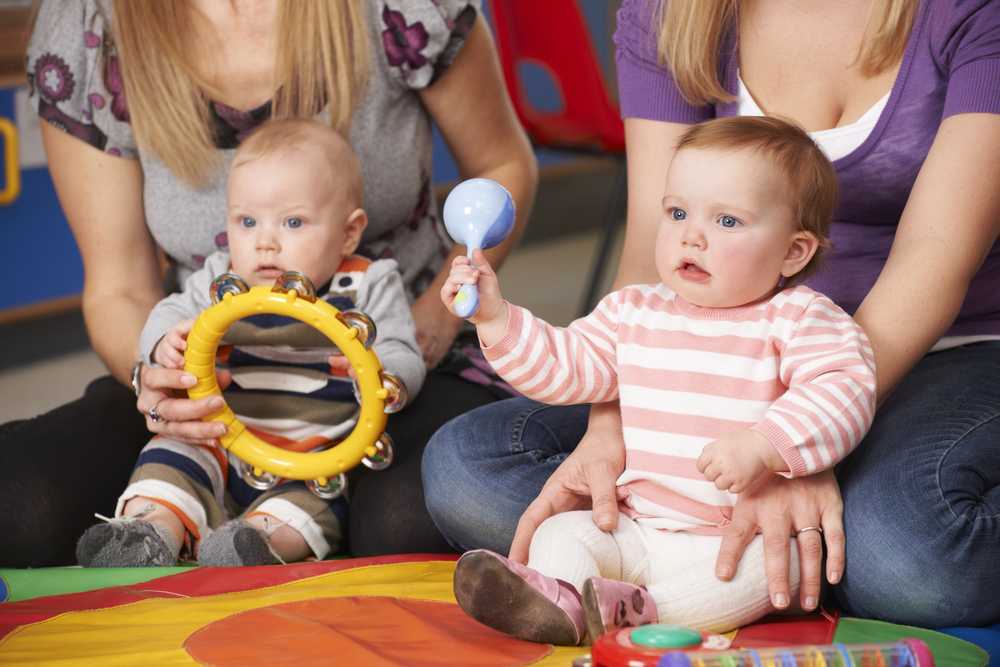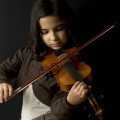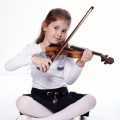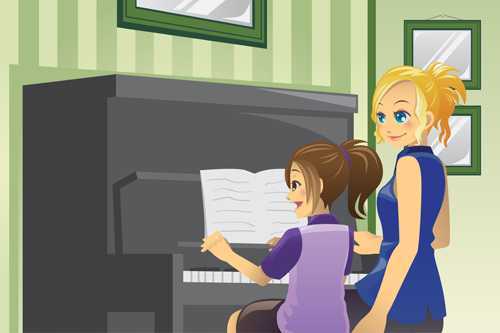It’s very important to foster a love of music both inside and outside of the classroom or lesson studio. Here are some great ways that parents can get involved with their child’s music education at home without having to have a musical bone in their body!
You’ve heard the news, you’ve seen the statistics. Music education improves a number of critical skills: reading comprehension, mathematical skills, memory retention–just to name a few. Now, with our economy in a recession, arts programs are being slashed across the board. Music programs are being cut back or eliminated completely. Is there anything you can do as a parent to keep your child from experiencing the backlash?
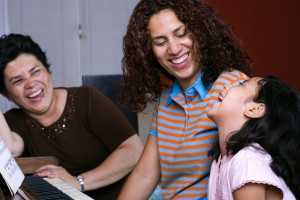
Yes, you can. There are a number of things you can do to keep your child engaged in music. First, listen to music with them. Expose your child to as much music as you can. Nursery rhymes and simple songs are great for young children to sing along to, but you can expand your child’s musical world to include other genres of music as well. Children are unbiased listeners. If you’re enthusiastic about a piece of music, they’ll follow suit. Try to engage them as much as possible in any recordings. Ask: What instruments do you hear? Is the song fast or slow? Happy or sad? If you had to draw a picture to go with this song, what would it look like?
Play games. Most young children learn through play. Some songs, particularly folk songs, lend themselves easily to games. It’s fun for kids if you can incorporate movement into the music, and you know better than anyone what your child finds enjoyable!
Attend live shows and concerts if you can. You don’t have to break the bank bringing your child to see a touring professional orchestra (although most orchestras do offer discounted tickets). Libraries, community centers, and churches will often have free music. Letting your child see real instrumentalists and singers will further their curiosity and interest, and strengthen the connection they make to music that is popular today. Examples of some free events here in New York City and the Met’s Live in HD broadcasts at Lincoln Center and Time Square, and the Morningside Lights Parade in Manhattan.
If it’s in your budget, private music lessons can be an incredible boost to your child’s music education. Even if your school’s budget hasn’t been cut, lessons outside the classroom can be extremely beneficial because they are tailored to the individual student. A great private instructor can find out what best engages your child when it comes to learning. For very young children, you can start with violin or piano, older students may be interested in brass or woodwind instruments. Private voice lessons should start later, when the voice begins to mature. You can find out more information about the best age to start private music lessons.
And if you feel like you’re becoming an expert music teacher, consider volunteering in your child’s classroom! You’ll be furthering your child’s education, and helping your community.
Best of luck!



